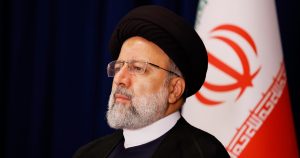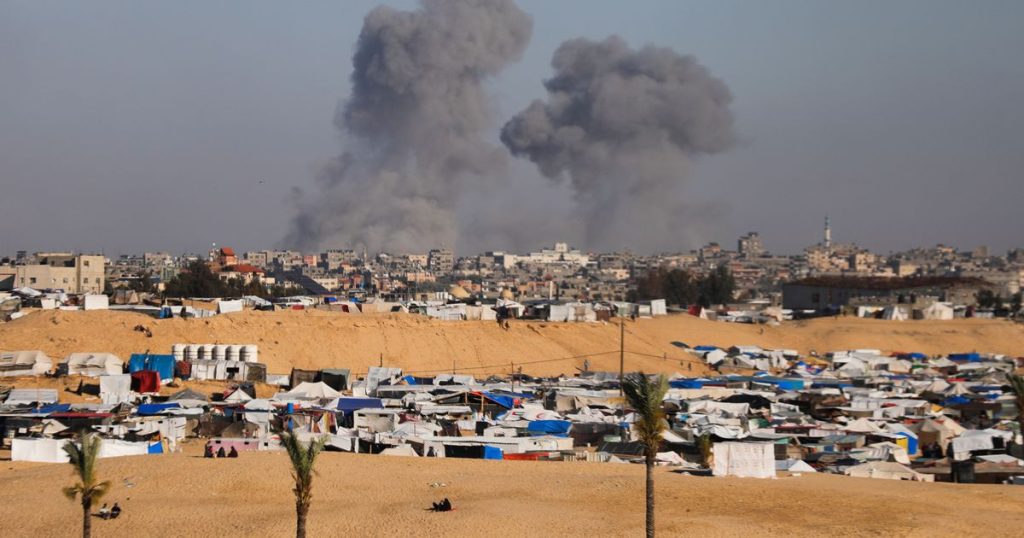Last week, the U.S. paused a shipment of bombs to Israel due to concerns that Israel was planning a full-scale assault on the southern Gaza city of Rafah without U.S. approval. The shipment was supposed to consist of 1,800 2,000-pound bombs and 1,700 500-pound bombs, with the larger explosives raising concerns about their potential impact on civilians in the densely populated city. The decision to pause the shipment reflects the growing divide between the Biden administration and the government of Israeli Prime Minister Benjamin Netanyahu, with the U.S. calling on Israel to do more to protect innocent civilians in Gaza.
The Biden administration began reviewing future transfers of military aid in April as Netanyahu’s government seemed to move closer toward an invasion of Rafah, despite opposition from the White House. While Biden has reiterated U.S. support for Israel as “ironclad,” the decision to pause the aid shipment signals a shift in the relationship between the two countries. The U.S. has historically provided significant military aid to Israel, but the recent tensions highlight differing views on how to address the conflict in Gaza and protect civilian lives.
Israeli troops seized control of the Rafah border crossing on Tuesday in what the White House described as a limited operation to cut off Hamas arms smuggling, stopping short of a full-scale invasion of the city. Israel has ordered the evacuation of 100,000 Palestinians from Rafah and carried out targeted strikes in the area. While there is growing concern within the White House about the situation in Rafah, administration officials have emphasized that Israel’s actions have not violated Biden’s warnings against a widescale operation in the city.
The U.S. government is separately considering whether to approve the continued transfer of precision guidance systems for bombs to Israel, but the review is not related to the paused aid shipment. The use of 2,000-pound bombs by Israel in Gaza has contributed to a high casualty count, with over 34,000 Palestinians reported dead. Despite the close relationship between the U.S. and Israel over the years, there have been moments of tension when U.S. leaders have threatened to withhold aid to influence Israeli actions, such as during the Suez Crisis in 1957 and the settlement activity in the occupied territories in the early 1990s.
Overall, the decision to pause the aid shipment to Israel reflects broader concerns about the conflict in Gaza and the need to prevent further civilian casualties. The growing divide between the Biden administration and the Israeli government highlights differing approaches to addressing the situation in Rafah and finding a path toward peace in the region. As tensions continue to escalate, the U.S. will play a critical role in navigating its relationship with Israel and advocating for the protection of innocent lives in the conflict.















